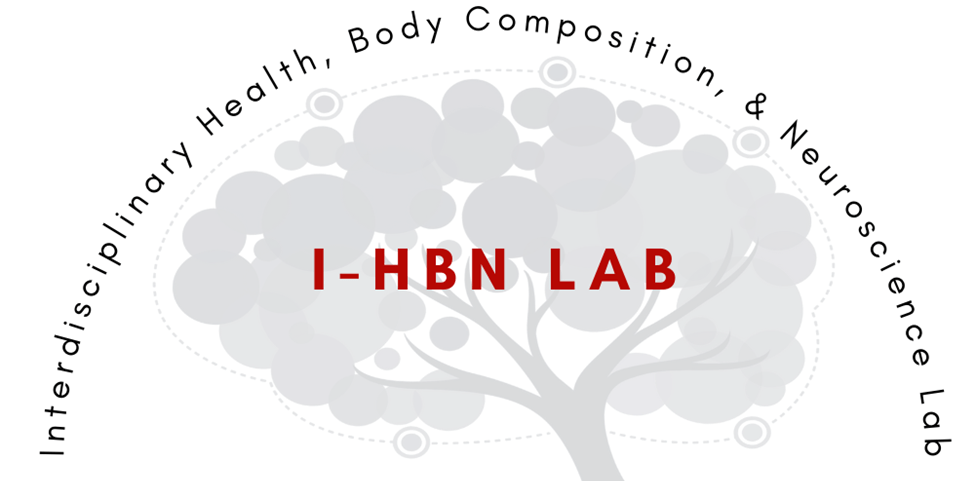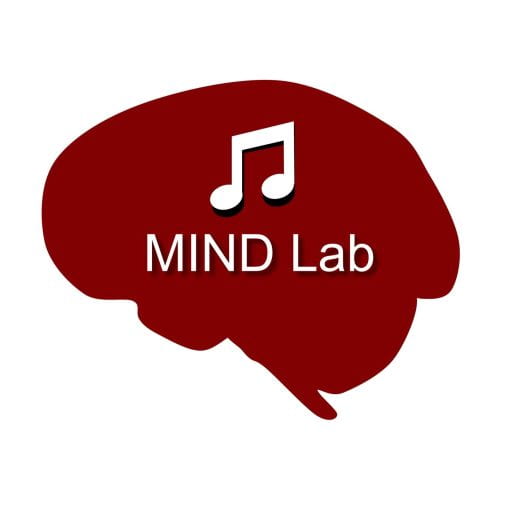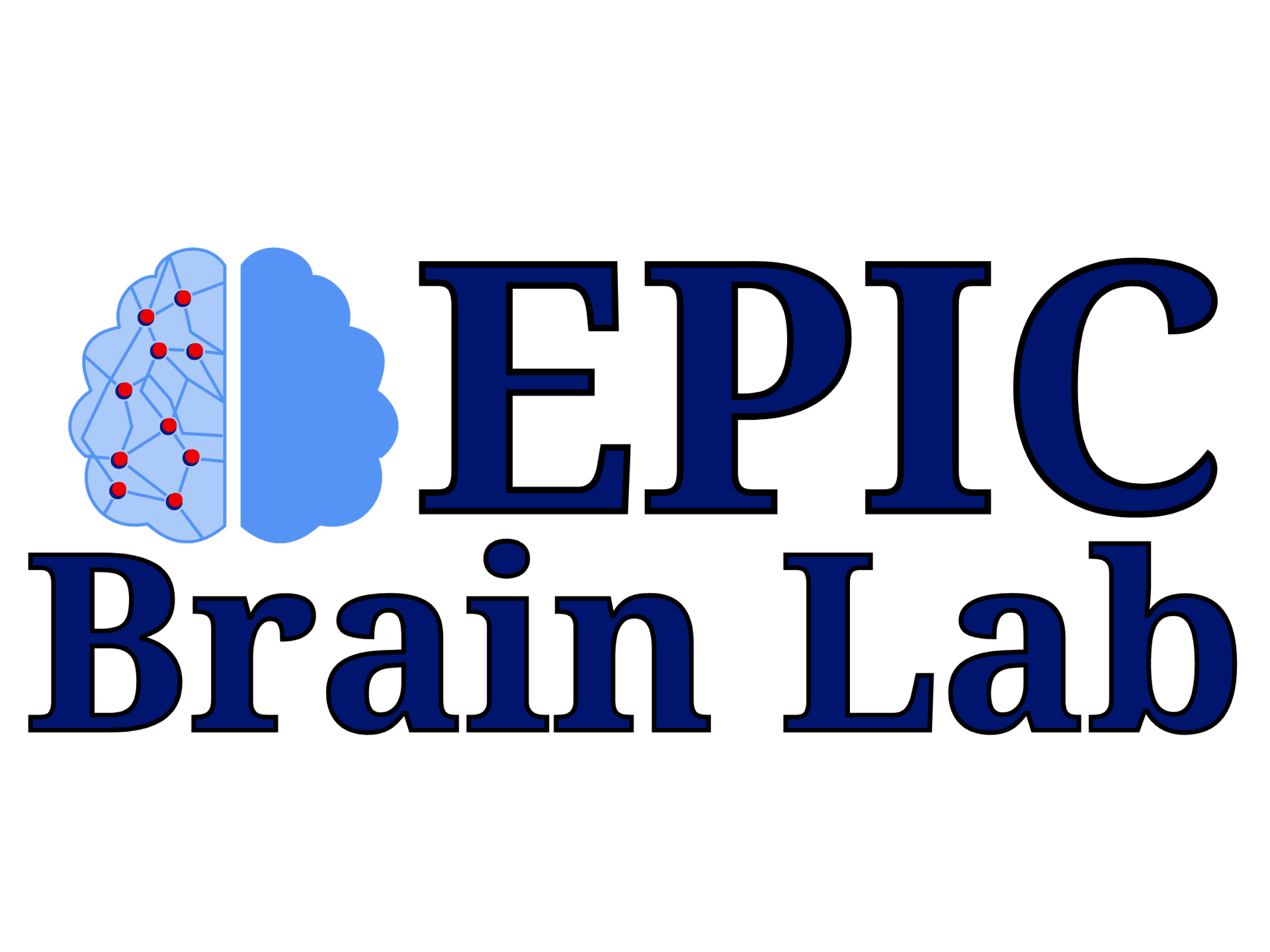Labs
Northeastern is home to many multidisciplinary cognitive and brain health labs that focus on understanding, enhancing, and preserving cognitive functions and brain health across the lifespan.


Social Development & Wellbeing Lab
Lead: Alex Rodman, PhD
Our work centers on the social worlds of teens, examining how social experiences interact with ongoing cognitive and brain development in ways that increase risk for mental health problems during adolescence, a period of heightened vulnerability. Understanding the underlying mechanisms that give rise to adolescent psychopathology will help identify targets to promote resilience and enhance wellbeing.

Computational Neuroscience of Exercise (CNE) Lab
Lead: Tim Morris, PhD
Our research is focused on understanding how the brain supports communication, and how this is affected by changes in cognitive and hearing ability. We study speech and auditory processing in adults of all ages and varying levels of hearing, using a combination of behavioral testing and brain imaging. Some of the brain imaging techniques we rely on are structural magnetic resonance imaging (MRI), functional MRI, and high-density diffuse optical tomography (HD-DOT).
The Speech, Hearing, and Communication (SHAC) Lab
The Speech, Hearing, And Communication (SHAC) Lab
Lead: Jonathan Peelle, PhD
Our lab has two lines of research that are intertwined. Firstly, we are interested in how exercise can beneficially impact the brain and cognitive function across the lifespan, and especially following traumatic brain injuries. In a complementary line of research, we are interested in applying computational approaches to build machine learning prediction models using neural data to better understand how and why people engage in complex lifestyle behaviors, such as physical activity and sedentary behaviors. Both lines of research aim to better inform interventional strategies to exercise and brain health in both health and disease.
NeuroPRISM
NeuroPRISM
Lead: Stephanie Noble, PhD
My research aims to use fundamental measurement principles and individual-centered methods to advance brain-behavior understanding and prediction. To set the stage for this research program, I have developed approaches to improve detection of brain-behavior relationships based on my work characterizing measurement and signal properties. Furthermore, I have a longstanding commitment to providing best practices for machine learning and big data analysis, especially for predicting psychiatric and developmental outcomes. The overarching motivation for these goals is one that the field is growing to embrace: more precise inferential and predictive methods are needed to accelerate discovery in health and disease. Many neuroscience-related research areas have faced an explosion in the size and complexity of data and methods, and I aim to explore solutions to problems that span disciplines.

Hillman/Kramer Lab
Leads: Charles Hillman, PhD; Art Kramer, PhD
We investigate the effects of lifestyle choices and behaviors (e.g., physical activity, dietary choices, intellectual engagement, social interaction) and physiological indices of health (e.g., fitness adiposity, sleep, stress) on brain structure and function, cognition, and mental health. From a neuroscience perspective, our interests lie in understanding how health and lifestyle factors influence brain and behavior as it relates to increased health and effective functioning for individuals across the lifespan.
Joshua Curtiss Lab
Joshua Curtiss Lab
Lead: Joshua Curtiss, PhD
My overall research program pertains to the general domain of computational clinical psychology, which involves leveraging state-of-the-art statistical approaches to address questions relating to the nosology and treatment of emotional disorders (i.e., anxiety and depression disorders). Specifically, my research embraces statistical procedures that foster idiographic and precision medicine approaches to clinical psychology, such as intensive time-series research designs and machine learning approaches. My approach emphasizes computational strategies that capture the dynamic complexity of emotional disorders (e.g., network science, dynamical systems, etc.) to promote more personalized and tailored interventions. In additional to the computational focus of my work, I also maintain active lines of research in affective science (i.e., delineating maladaptive emotion regulation components underlying anxiety and depression), mindfulness approaches to mental health, and elucidating mechanisms of empirically-supported treatments (e.g., CBT, mindfulness, etc.). These activities are complemented by my interests in philosophy of science.

MIND Lab
Lead: Psyche Loui
Research at the MIND lab seeks to understand the networks of brain structure and function that enable musical processes: auditory and multisensory perception, learning and memory of sound structure, sound production, and the human aesthetic and emotional response to sensory stimuli.
Brain Game Center
The Brain Game Center for Mental Fitness and Well-Being
Leads: Susanne Jaeggi, PhD; Aaron Seitz, PhD
At the Northeastern University Brain Game Center, we research, test, and disseminate evidence-based, scientifically optimized brain fitness games that assist people in real-life activities connected to memory, vision, hearing, learning, and more.
Under the leadership of Professors Suzanne Jaeggi Aaron Seitz, our interdisciplinary team includes psychologists, neuroscientists, computer scientists, medical experts, programmers, artists, and more.
We provide exciting hands-on learning experiences for undergraduate and graduate students from across the university to participate in meaningful research while encouraging entrepreneurial pursuits.
We have a track record of making our tested procedures publicly available so that our innovations help our community and the world.

Plasticity in Neurodevelopment Lab
Lead: Laurel Joy Gabard-Durnam, Ph.D.
We’re a developmental science lab at Northeastern University examining how different experiences interact with growing, changing brains to influence how we think and behave from infancy through adolescence.

Epic Brain Lab
Lead: Susan Whitfield-Gabrieli
Here at the Epic Brain Lab, our primary mission is to understand the brain basis of psychiatric disorders and to promote translation of this knowledge into clinical practice. We employ multimodal neuroimaging techniques to investigate the pathophysiology of psychiatric and neurodevelopmental disorders such as schizophrenia, depression, anxiety, autism and ADHD.
We focus on early detection, precision psychiatry, innovative treatments, and causal mechanisms. Each facet addresses a different critical barrier, and promotes a better understanding of clinical disorders and their treatments.
Tunik Lab
Tunik Lab
Lead: Gene Tunik, PhD
The mission of the lab is to advance knowledge of human neural control of movement and leverage this information to improve motor function for those with neurological impairment

Reid Lab
Lead: Brie Reid, PhD
Our mission is to rigorously integrate psychobiology and nutrition research to support child development around the world. We do this by asking how growing bodies and brains respond to their environment by studying the endocrine system, neurodevelopment, the immune system, nutrient metabolism, and behavior. We work with infants, children of all ages, pregnant people, and adult caregivers. Our values include curiosity, respect, justice, connection, play, and integrity.
